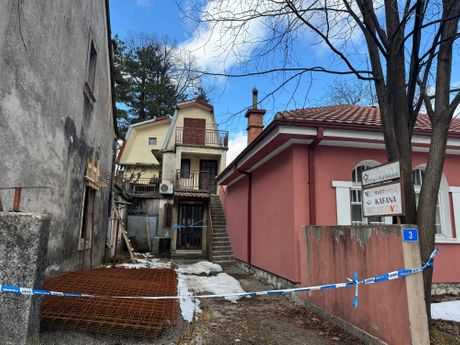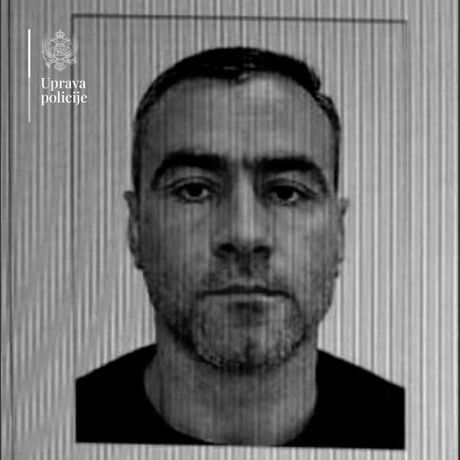Psychologist: Martinović’s Actions Against Relatives and Children Linked to Recent Change – News
The mass murderer Aco Martinović, who killed 12 people in Cetinje, including two children, is not a medical phenomenon, according to psychologist Anđela Novaković.
“From the Ministry of Interior, we learned that the perpetrator was not of interest, and from the state, it was claimed he was a ‘medical phenomenon.’ It’s important to understand that a person with a personality disorder is not a medical anomaly, and having any personality disorder or mental disorder does not inherently lead to such horrific events. However, if the perpetrator has a personality disorder combined with a criminal record for illegal weapon possession (the judicial verdict was not final after two years) and tendencies toward alcohol abuse, the risk of such an event increases significantly,” she stated to the Beta agency.
Novaković responded to Prime Minister Milojko Spajić’s remark, which he made multiple times during a press conference, labeling Martinović, who took his life after his violent spree, as a medical phenomenon.
“He exhibits weak impulse control and low tolerance.”
She noted that it was revealed that the perpetrator had previously faced punishment for domestic violence and was also convicted for illegal possession of weapons, which could suggest further implications regarding his character.
“At a basic level, this person might have a sense of self-importance, grandiosity, and a desire to control, while being unable to respect differing feelings. This tendency can lead to rapid and poorly controlled emotional reactions, indicating weak impulse control and low frustration tolerance,” she explained.
70 percent of mass murderers have prior domestic violence charges
She added that having a psychiatric diagnosis is not the only risk factor. “Research indicates that approximately 20 percent of individuals who commit mass murders had a diagnosed mental disorder, while studies show that up to 80 percent of mass murderers have had prior experiences with violent crime, highlighting that around 70 percent of mass murderers faced penalties for domestic violence before,” she said.
What drove Martinović to kill his family?
“During this situation, it is assumed that the perpetrator did not subjectively recognize any wrongdoing; in his altered reality, he believed his actions were justified,” she commented.

She further emphasized that such conditions necessitate urgent medical intervention, which was absent in this instance.
When asked about the evaluation process, Novaković explained it involves reviewing personal data, medical history, and previous psychiatric treatment, taking into account the patient’s responses and family background.

“During the initial consultation, the psychiatrist assesses the mental state of the patient, and the information gathered is prepared for further context when police accompany the patient. We also have information that he was given therapy but was not referred for hospitalization,” she elaborated.
Why wasn’t he detained?
She explained that under the law regarding the protection and rights of mentally ill individuals, psychiatrists are mandated to conduct immediate diagnostic and therapeutic procedures to assess if there are grounds for involuntary commitment. The law specifies that a psychiatrist cannot detain a person unless there is suspicion that they may endanger themselves or others.
“Given that the perpetrator did not display signs of psychosis or indicated threats to himself or the community at the time, the psychiatrist prescribed necessary therapy and formulated a treatment plan (which could include a referral for psychological assessment and scheduled follow-ups), and could not predict if the patient would adhere to the treatment,” she stated.
Montenegro’s Prime Minister Milojko Spajić expressed disappointment that various establishments decided to suspend operations after the incident.
(Telegraph.rs / Vijesti.me)


